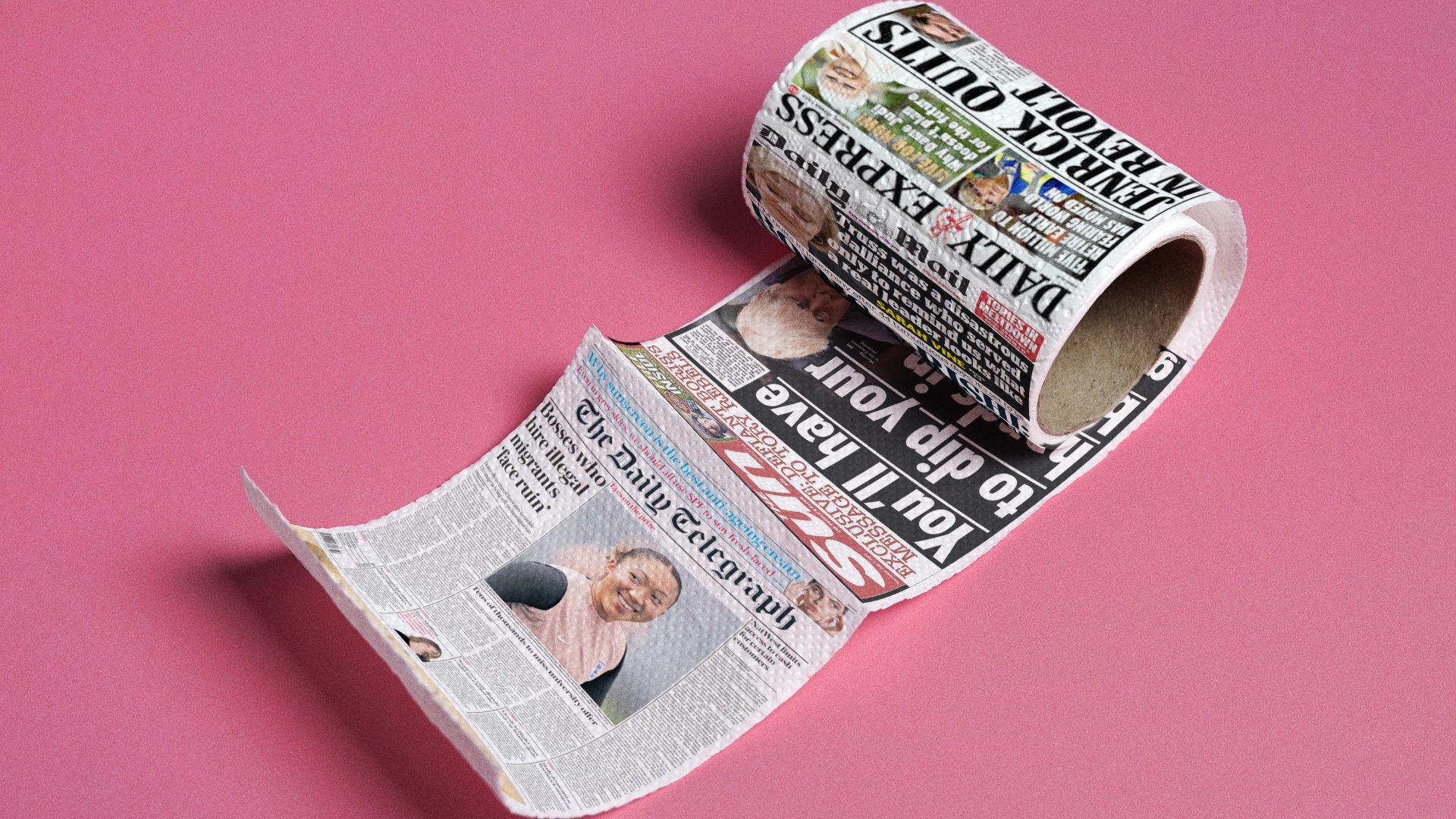The Conservative Party has been hammering away with warnings about the danger of handing Keir Starmer’s Labour Party a “supermajority” in the House of Commons.
It has been a “warning” that right wing newspapers have been particularly happy to echo. Yesterday the Mail front page headline was “TEN DAYS LEFT TO STOP ‘DISASTER’ OF A STARMER SUPERMAJORITY”, while the paper has also run seat-by-seat guides about how to “stop a Starmer supermajority”.
The Sun has run stories in which Rishi Sunak has warned readers of the dangers of a “supermajority”, and pointed out that Reform voters don’t want that outcome. The Telegraph has run an “alternative history”-style article, as a warning of what a “supermajority” could mean for Britain over the next two decades.
Such predictions are mostly nonsense. Unlike in other countries, there is almost no difference in the Commons between a majority of 10 and 100 – in the absence of a written constitution, a simple majority is enough to pass any new law, while the disintegration of the Conservative Party – despite it winning a majority of 80 in 2019 – shows that big majorities can come and go fast.
However, The New European has uncovered one area of law in which a “supermajority” might actually grant Labour powers it wouldn’t otherwise have – and it relates to regulation of the press. With a two-thirds majority of the House of Commons, a government would be able to amend the Royal Charter, passed in the wake of the Leveson inquiry, which was intended to govern the regulation of the press.
That royal charter was passed by David Cameron’s coalition government, against frenetic opposition from the media, on the recommendation of the Leveson Inquiry into the standards and practices of British newspapers – instituted after the revelation of the phone hacking scandal.
The intention of the charter was to introduce an officially recognised regulator for newspapers, and was accompanied by legislation that would have protected regulated newspapers from enhanced damages should they lose libel cases.
That carrot-and-stick element of the regulation was later repealed, but the royal charter is still in force. The media has successfully seen off, for the last decade, the threat of enforced regulation – but in theory at least, a future government with a two-thirds majority (that is, a party that wins 434 of 650 seats, giving a majority of 218 or more) could amend that charter and try to enforce stricter press regulation, without the cooperation of opposition parties.
All of this means that the media – at a time when it is usually laying into the Conservatives in full force – is parroting Conservative warnings about “supermajorities” when virtually the only issue that would actually be directly affected by such a majority is… the media.
In practice, of course, this may just be a coincidence. Labour has announced no plans to strengthen regulation of the press, and few expect Keir Starmer to declare war on the newspapers.
Given it is a decade since the royal charter passed, it is not clear how aware most journalists are of the details that govern its amendment. One legal expert also noted that, given the vagaries of the UK’s unwritten constitution, a government could probably just ignore the royal charter entirely and supersede it with new laws governing the media with a simple majority (though this would have to pass the House of Lords).
Nonetheless, it will look odd to some that the media is so eagerly pushing the concept of a Labour “supermajority” when such a thing only exists in the UK for press regulation. Surely, people trust the media not to be acting in its own self-interest?











